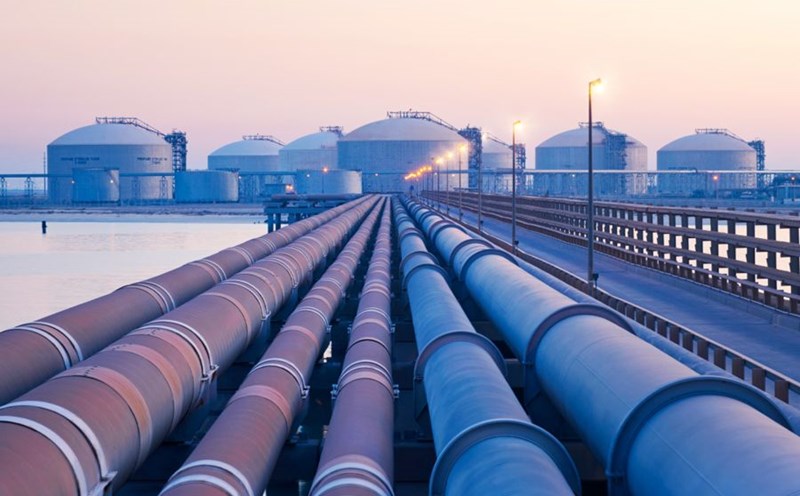Bloomberg said that Shell Group - BP's long-time opponent - is seriously considering the possibility of catching up with the opponent right at home.
Shell is working with financial advisors to assess the feasibility and strategic benefits of a large-scale merger with BP. However, Shell has not yet made a final decision, and will likely wait for BP shares and oil prices to continue to fall further before officially launching the country.
BP's stock has lost nearly 30% of its value over the past 12 months. The plan to shift towards carbon neutrality under former CEO Bernard Looney did not bring the expected results. Although successor Murray Auchincloss announced a "turning around oil" since February and cutting back on stock buybacks, market confidence has not been able to recover.

In contrast, Shell is in the process of restructuring, cutting back on ineffective renewable energy sectors and returning to focus on fossil fuels. Under CEO Wael Sawan, Shell has said it will " pursue deals that create clear value in the short term," and will "hunt for opportunities" but with strict standards.
Although not officially opening a bid, Shell is said to be preparing carefully for the BP scenario of being targeted by a third party. Such a large-scale deal, if it happens, would be the largest merger in the world oil and gas industry since the Shell deal to buy BG Group in 2016 worth nearly 50 billion USD.
While Shell has a capitalization of about 149 billion pounds (197 billion USD), BP's value is only about 56 billion pounds, less than half. For many investors - including Elliott Investment Management, which is holding a 5% stake in BP, this is the "b right" time to conduct a major overhaul or find a strategic partner strong enough.
Elliott has even publicly pressured, saying that BP lacks ambition and is easily "swallowed" if not taken promptly. Under the pressure, BP has not yet made an official comment.
In the context of Brent oil prices falling below the 70 USD/barrel mark due to OPEC+'s sudden increase in output, BP's profit prospects are increasingly gloomy. If this trend continues, not only BP but many other small and medium-sized energy companies could also fall into the target of "sharks" on the hunt.
The decrease in gasoline prices is beneficial for consumers but paves the way for a major oil and gas war. Shell, with a solid financial position and ambitions to expand globally, may be the proactive in the wave of oil and gas restructuring.
The question now is no longer "will Shell buy BP? , but "When willShell start and who will be next?"











